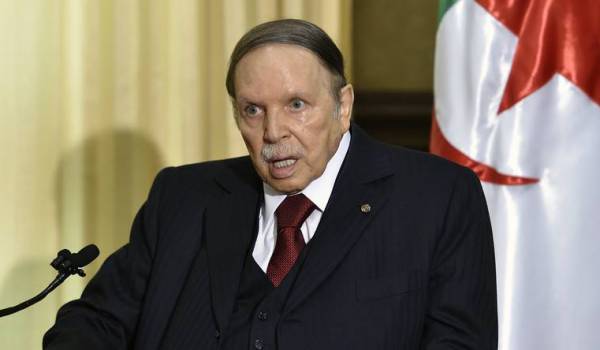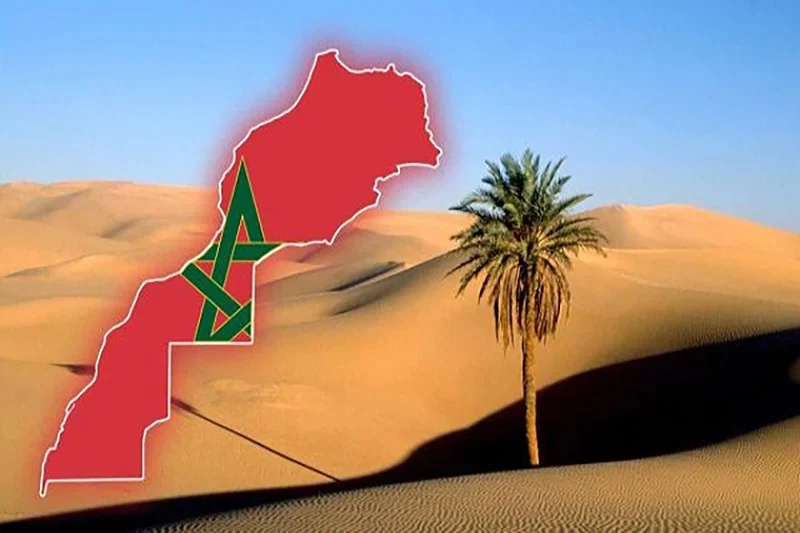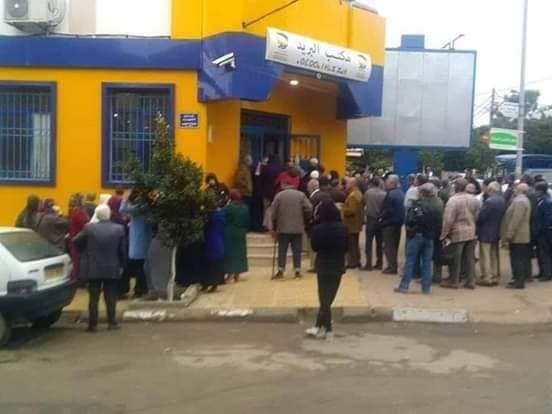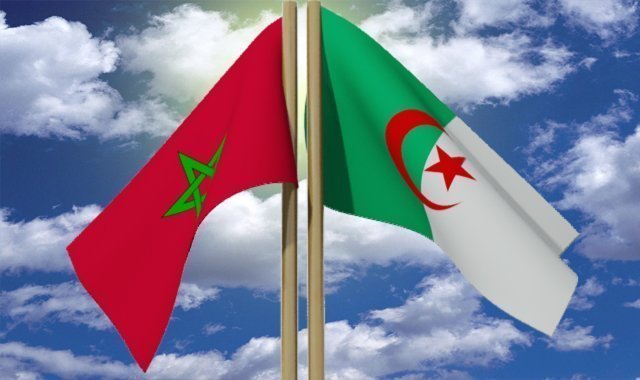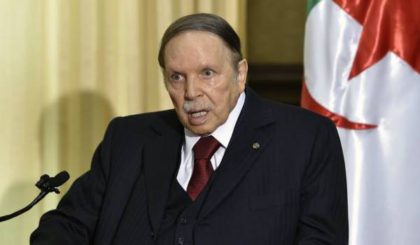 The failing health of Algeria’s President, Abdelaziz Bouteflika, coupled with uncertainties surrounding his successor amid a power struggle within the country’s security apparatus bode ill for Algeria as it braces for a “contested or rocky succession,” the Washington Institute for Near East Policy said in a report.
The failing health of Algeria’s President, Abdelaziz Bouteflika, coupled with uncertainties surrounding his successor amid a power struggle within the country’s security apparatus bode ill for Algeria as it braces for a “contested or rocky succession,” the Washington Institute for Near East Policy said in a report.
The report, which offers advice to US foreign policy makers regarding North Africa, draws dim prospects for Algeria’s future recalling that Algeria was only able to stave off unrest during the Arab Spring by using its oil and gas revenues to buy social peace.
The 11-page report drafted by Robert Satloff and Sarah Fauer also sheds light on the falling health of Algeria’s long serving President Bouteflika saying that he is “confined to a wheelchair and unable to speak.”
In light of the incapacity of the Algerian President to govern, the US analysts point out to the opacity characterizing a regime dominated by a security apparatus where “power is generally presumed to reside among groups of military leaders, intelligence officials, businessmen, and politicians collectively known as le pouvoir (French for “the powers that be”).”
“In recent years, Bouteflika’s ailing health, coupled with a series of restructurings within and between the state’s security services, raised concerns about the country’s stability in the event of an unclear succession plan,” says the report.
“Most likely, the military and security services will choose, or have already chosen, Bouteflika’s successor, though a contested or rocky succession remains a possibility,” noted the analysts.
Even in the case of a smooth succession, the economic situation to be inherited by the new President will be dire in light of the staggering oil prices, says the report. “The last five years have already seen thousands of small-scale protests by Algerians demanding access to housing, health care, and jobs. One reason those protests have not morphed into a national, and potentially more disruptive, force is that the state has generally managed to sufficiently compensate protestors within a relatively short period of time.”
Yet, buying social peace using oil money will lead to depleting reserves triggering “growing protests that could shake the foundations of the regime; in the process, rising instability would draw the state’s security services away from their counterterrorism operations in the border regions and increase the risk of a major destabilizing event,” warned the report.
